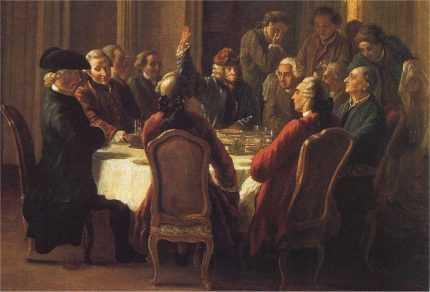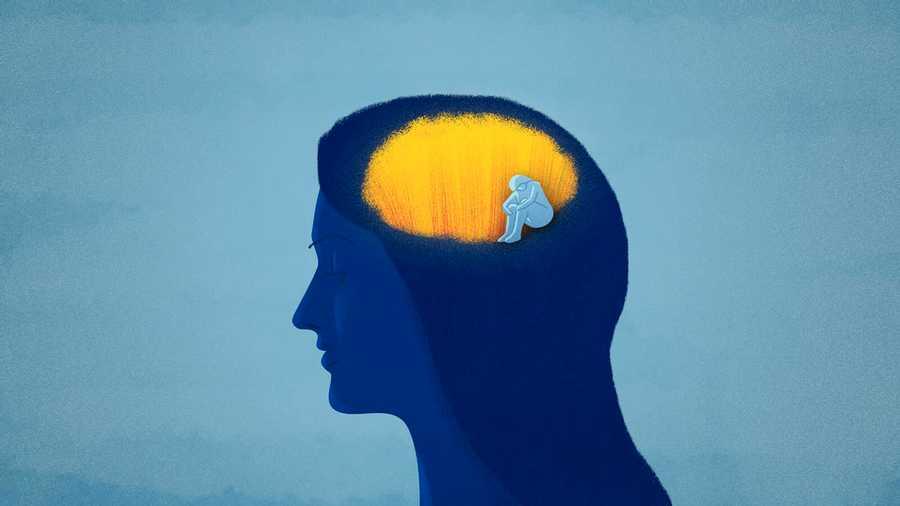Explore the World's Best Ideas
Join today and uncover 100+ curated journeys from 50+ topics. Unlock access to our mobile app with extensive features.
Restlessness
Restlessness seems like a contemporary phenomenon but it's been the object of philosophical speculation for centuries. Restlessness seems to affect students the most. Students are full of activity yet devoid of purpose.
The problem is that we don't know how to choose. We don't know how to distinguish among the choices that are presented to us.
Restlessness is also worsened due to external forces like politics. In a capitalist society, everyone wants a little bit of our attention. But in the end, we're not left with much attention for ourselves. This makes us more restless.
22
303 reads
French Enlightenment
French philosophy on restlessness being with Michelle De Montaigne. He wrote 3 volumes of semi-autobiographical essays. He's an acute observer of the human soul. He writes about all the particular details of his life. This capacity for close psychological self-study formed a generation of French readers. All the authors that followed Montaigne had the ability to creep inside your head and see things you didn't know were there.
14
57 reads
Michelle de Montaigne
Montaigne's idea is to enjoy all the good things of life without taking any of them seriously. He gardens but he doesn't care if it's imperfect. He has a family but doesn't expect too much from them. This allows us to be a little bit more sane and happier.
Montaigne argues that imagination distinguishes us from other living beings. But the human imagination constantly leads us astray and is a thing we should be wary of. Humans tend to imagine more exalted forms of life that are not capable for us to achieve. This makes us miserable because we forget about living the life that we actually have.
18
63 reads
Blaise Pascal
Pascal wants us to see that we are both greater and more miserable than what Montaigne observed. Pascal would agree with Socrates who believed that human beings are always wanting more and reaching beyond themselves and cannot constraint this desire. What we can do is direct it.
Pascal argued that we're always distracted because of our aimlessness. Our need to constantly amuse ourselves shows that even in our enjoyment we are not really content.
In contemporary life, this is why we always complain about distractions like our phones but are never able to put them down.
14
50 reads
16
62 reads
Alexis de Tocqueville
Alexis de Tocqueville realizes that there are markers of immanent success and happiness in Western society and the pressure to seek it is all around us. There's a rat race for stuff and status. This makes us quite unhappy. Our desires for pleasure becomes like a command. And when our pursuits and hobbies that are supposed to make us happy by our society's standards don't lead to happiness it makes us puzzled and embarrassed of our emptiness.
This pursuit of happiness affects us both in our personal lives and our social and political lives.
14
32 reads
Accepting Unhappiness
Pascal thinks that human beings are naturally unhappy. He suggests that unhappiness is the norm. This aspect of pascal's thought could be liberating. A lot of young people are unhappy and they feel like unhappiness is a failure of normalcy. This is really constricting for their lives.
Modern restlessness is the restlessness of the soul which is constantly trying and failing to make itself happy immanently. This is where liberal education should play a role. Colleges and universities need to do a better job at teaching students how to think about their purpose.
17
45 reads
IDEAS CURATED BY
Purvankit khadatkar's ideas are part of this journey:
Learn more about philosophy with this collection
The historical significance of urban centers
The impact of cultural and technological advances
The role of urban centers in shaping society
Related collections
Similar ideas
7 ideas
Social Media and Mental Health - HelpGuide.org
helpguide.org
6 ideas
When Work and Meaning Part Ways
hedgehogreview.com
18 ideas
Know Yourself
theschooloflife.com
Read & Learn
20x Faster
without
deepstash
with
deepstash
with
deepstash
Personalized microlearning
—
100+ Learning Journeys
—
Access to 200,000+ ideas
—
Access to the mobile app
—
Unlimited idea saving
—
—
Unlimited history
—
—
Unlimited listening to ideas
—
—
Downloading & offline access
—
—
Supercharge your mind with one idea per day
Enter your email and spend 1 minute every day to learn something new.
I agree to receive email updates







